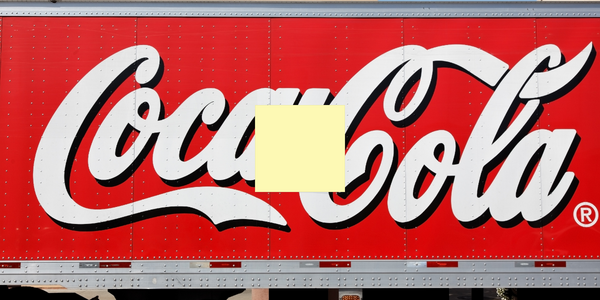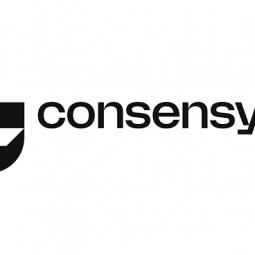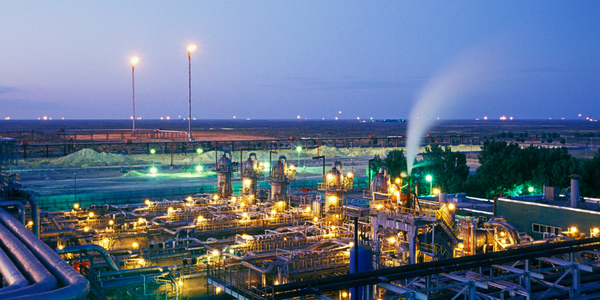公司规模
Large Corporate
地区
- Europe
国家
- United Kingdom
产品
- Title Token
- Codefi Assets
- MetaMask
技术栈
- Blockchain
- Smart Contracts
- Ethereum
实施规模
- Pilot projects
影响指标
- Cost Savings
- Digital Expertise
- Productivity Improvements
技术
- 应用基础设施与中间件 - 区块链
适用功能
- 采购
用例
- 智能合约
- 资产生命周期管理
服务
- 软件设计与工程服务
关于客户
英国土地注册处 (HMLR) 是英国政府部门,负责记录土地和房产的所有权。该部门管理着 2500 万份土地和房产所有权记录,价值超过 7 万亿英镑。HMLR 的任务是维护英格兰和威尔士所有已注册和未注册土地的全面和最新记录,并提供有关所有权和边界的可靠信息。该部门在房地产行业发挥着至关重要的作用,为房地产市场提供透明度和安全性。
挑战
英国政府部门女王陛下土地注册处 (HMLR) 负责记录 2500 万份土地和房产所有权证书,价值超过 7 万亿英镑,该部门在房地产市场面临多项挑战。现有流程繁琐且成本高昂,投资最低门槛高,交易需要多个分散的参与方和昂贵的中介,而且透明度低。二级市场孤立,继续依赖人工处理。希望参与房地产行业的个人和公司必须依靠代理商来管理所有者登记、交易和行政管理。这一流程效率低下,增加了多层成本和摩擦。
解决方案
HMLR 与 ConsenSys Codefi 合作,探索使用区块链和智能合约技术来提高房地产市场的速度、简单性和透明度。他们创建了一个代表房产份额的原型“产权代币”,并在 Codefi 的数字资产市场上发行了该代币。该过程涉及 8 个步骤,从业主申请产权代币到监管机构有权查看高级代币数据。Codefi Assets 允许在基于 ERC1400 标准的以太坊主网上轻松创建和部署智能合约。这些高度可配置的智能合约和安全代币具有支持强制转移、管理员销毁和铸造、通过链下证书生成进行交易限制以及部分可互换性等功能。
运营影响

Case Study missing?
Start adding your own!
Register with your work email and create a new case study profile for your business.
相关案例.

Case Study
Coca-Cola Refreshments, U.S.
Coca-Cola Refreshments owns and manages Coca-Cola branded refrigerators in retail establishments. Legacy systems were used to locate equipment information by logging onto multiple servers which took up to 8 hours to update information on 30-40 units. The company had no overall visibility into equipment status or maintenance history.

Case Study
IIC - Track and Trace Testbed
Factory systems can detect - within a meter - the location of a tool; Misuse of tools can result in serious accident or injury; The production of many industrial and consumer goods requires exacting work - down to the precise force used to tighten a screw. GOAL Manage smart, hand-held tools in manufacturing, maintenance, and industrial environments

Case Study
IIC Asset Efficiency Testbed
A recent study on maturity of Asset Efficiency from Infosys and the Institute for Industrial Management (FIR) at Aachen University revealed that 85 percent of manufacturing companies globally are aware of asset efficiency, but only 15 percent have implemented it at a systematic level. Current challenges include lack of instrumentation of the assets, missing real-time data analytics, lack of context due to missing information from other systems, and lack of a holistic focus with other aspects of efficiency like energy, utilization, operations, and serviceability.GOALTo collect asset information efficiently and accurately in real-time and run analytics to make the right decisions










